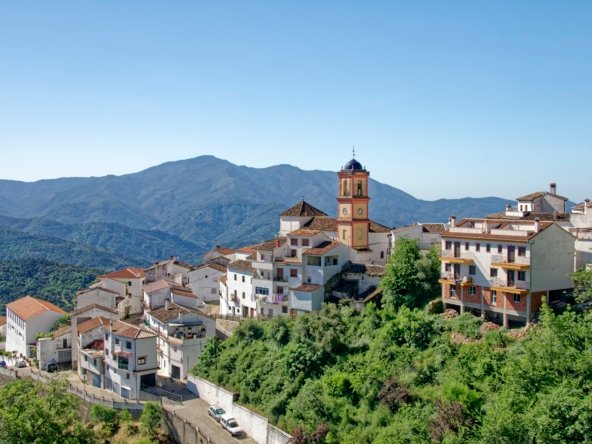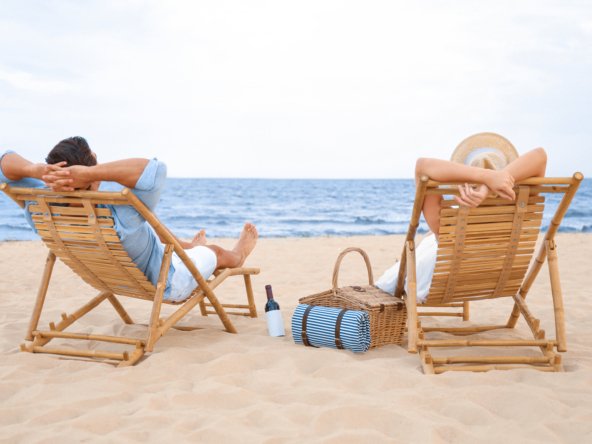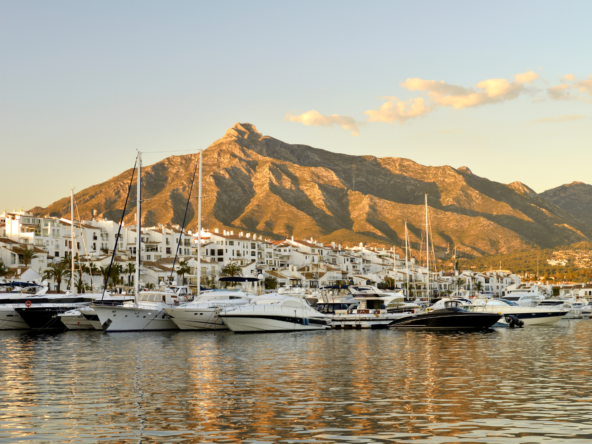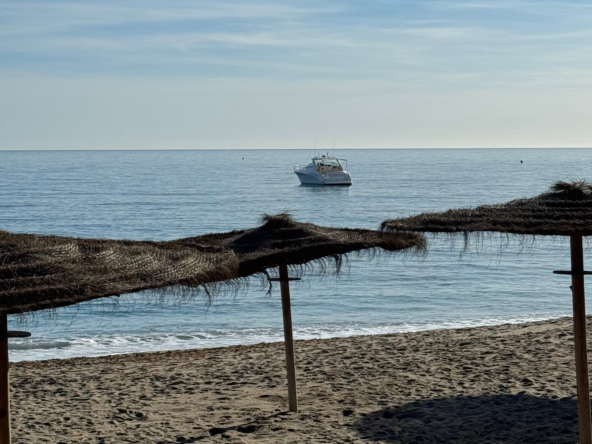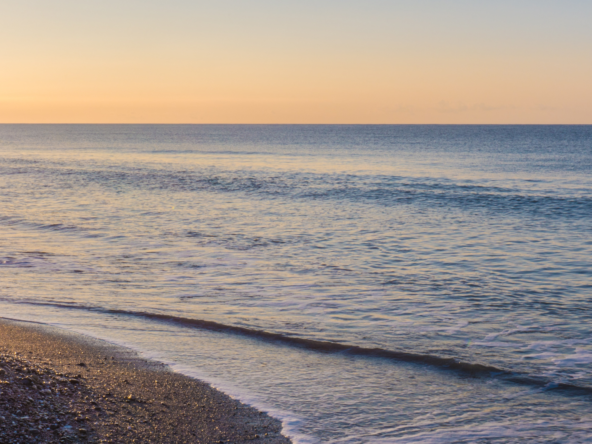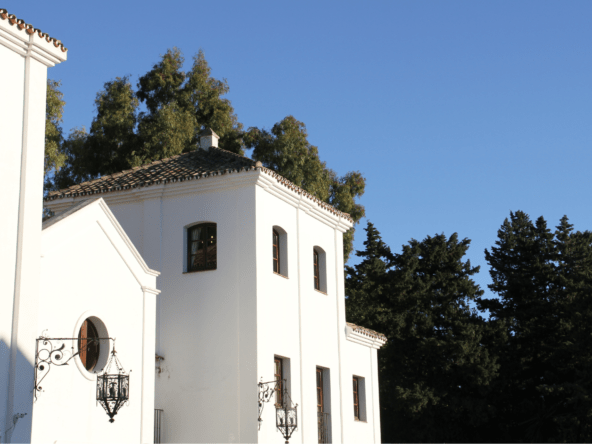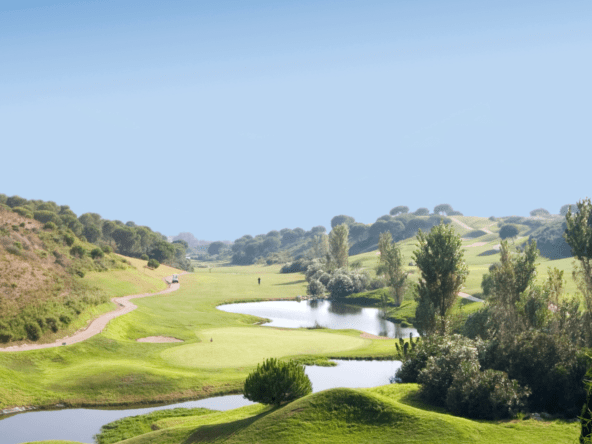Marbella
Why Marbella?
Because MARBELLA is located on the mildest Mediterranean coast with the most pleasant climate in the Costa del Sol. This is because the Sierra Blanca mountain range protects MARBELLA from the cold temperatures in winter and the excessively hot continental temperatures in summer. As a result, MARBELLA has a unique microclimate and is extremely suitable as a holiday and residential destination all year round, with a January average of 16 °C and an August average of 29 °C, with over 320 days of sunshine per year! You will find a complete meteorological overview at the end of this brief brochure.
Because MARBELLA’s international character means that its infrastructure is on a par with Central European standards: good roads, modern telecommunications, international schools (including British, French, German and Scandinavian schools), a wide range of restaurants and shops, international banking services, various clinics, excellent medical care, etc.
Because MARBELLA, due to its exclusivity, not only offers all the usual entertainment and sports facilities, but also has numerous first-class golf courses and marinas (e.g. Puerto Banús). MARBELLA is also easy to reach from within and outside Europe thanks to its direct international connections via Málaga Airport.
Because MARBELLA is an ideal starting point for Andalusia, which is extremely rich in culture: the Alhambra of Granada, the Mezquita of Córdoba, the Giralda of Seville, Cádiz, Ronda and much more.

Because MARBELLA has a charming Andalusian village centre with the scent of orange and jasmine blossom and the “Plaza de los Naranjos”, the orange tree square with its unique terraced cafés.
Because MARBELLA’s 27 kilometres of coastline are not only central and lively, but also completely quiet and tranquil residential areas.
Because, thanks to the strict building regulations, MARBELLA has an architecture that is committed to the original Andalusian style and has been largely spared from the construction of apartment blocks and skyscrapers; and boasts consistently excellent building quality .
Because MARBELLA, as the successor to the Côte d`Azur, enjoys an excellent reputation worldwide and is therefore regarded as one of the safest investment locations.
Because AMREIN PROPERTIES offers you every conceivable service: Organisation of transfers; reservation of accommodation; cooperation with several multilingual law firms (land registry issues, tax aspects, investment modalities, etc.) as well as with various renowned architects and reliable construction companies.
We blend the elegance of luxury with the warmth of personalised service. Family-owned since 1985, Amrein Properties prides itself on its Swiss heritage and professional standards, leveraging local expertise, and demonstrating an unwavering dedication to maximising value for both our buyers and sellers. With a focus on Marbella and the Costa del Sol, we serve an international clientele, offering a seamless and discreet experience that is tailored to meet your individual needs. Our vast experience in navigating the regulations and legal framework in Spain, coupled with our rich experience along the Golden Mile, positions us uniquely to guide our clients.

REGULATIONS FOR THE PURCHASE OF PROPERTIES IN SPAIN
In the following section, we provide you with an overview of the main legal and fiscal regulations that must be observed when purchasing property in Spain.
The explanations are intended as preliminary information. Both AMREIN PROPERTIES and the law firms working with us can help you with the formalities associated with the purchase of the property and will be happy to assist you at any time before and after the transaction has been completed.
Foreign real estate investment in spain
Foreigners are free to buy property for private and business use.
The Urbanizations
The so-called “urbanizaciones” are villa or residence zones and are located outside the town centres; in the case of MARBELLA, approx. 12 km on either side of the town.
These urbanisations must be approved by the municipality. There are always requirements regarding land utilisation, buildability and infrastructure, for which the developer is responsible: roads, lighting, pavements, sewage, water and electricity lines, etc. There are also regulations regarding minimum plot size, buildability, land utilisation, boundary distance, building height, etc
The planning and building permit
In addition to the building application, the building plans drawn up by an architect authorised by the Chamber of Architects are a prerequisite for building permission to be granted by the responsible building authority. The building plans must first be submitted by the architect to the Chamber of Architects for approval. This professional organisation checks the requirements and type of development. The project must then be submitted to the relevant building authority together with the building application.
The completion of the construction
Once the building has been completed, there is an official building inspection, which is issued by the building authority in the form of a first occupancy licence. The basis for the first occupancy licence is the architect’s certificate of completion.
The warranty of quality
The warranty period for houses and flats is 1, 3 or 10 years, depending on which components are affected:
- 1 year for “aesthetic defects” such as plaster work, plastering and paint
- 3 years for defects in installations
- 10 years for defects in load-bearing components such as foundations, load-bearing beams and walls
The guarantee begins upon acceptance of the building. Claims for material defects become time-barred after 2 years, beginning with the occurrence or verifiable notification of the construction defects. The property developer, building contractor and architect are legally obliged to cover the warranty risk by taking out insurance for material damage.
According to Spanish law, interim payments after the construction stage of a purchase contract with a building obligation must be secured by a bank guarantee or an insurance policy.
The additional costs of acquisition
At the beginning of the purchase transaction, the buyer usually pays a reservation payment upon agreement in order to secure the property and take it off the market. This usually amounts to 1% of the purchase price.
After a period of approximately 1 month to be determined, the parties normally conclude an option or private contract as a second payment step. Normally, a down payment or option of approx. 10 % is paid at this time.
Once the remaining amount has been paid, the buyer and seller or their authorised representatives go to the notary and sign the “Escritura” (notarial deed of ownership).
The notary’s office then issues the “Copia simple de la escritura”. The actual notarised contract, the “Copia autorizada”, goes via detours (tax office, municipality) to the land registry for final registration. You do not need to take any action yourself when organising all these formalities because we or your lawyer will take care of it.
The ancillary purchase costs
When purchasing a property in Andalusia, the following additional costs are incurred:
Value Added Tax (IVA) 10%, or
Property transfer tax (ITP): 7%
VAT (new properties) excludes property transfer tax (second-hand properties); new properties are subject to an additional stamp duty of 1.2%.
In the case of commercial premises and plots of land, either the real estate transfer tax (ITP) or the increased value added tax (IVA) of 21% applies, depending on the situation.
Notary and land registry fees: There is a scale of fees for notaries and property registers that prescribes fees depending on the value and scope of the deed. These two cost aspects amount to approx. 1.5%.
Lawyer’s fees: The lawyer’s fees amount to approx. 1% of the purchase price, depending on the purchase price and the scope of the work.
The land registry
The land registry is called the “Registro de la Propiedad”, which literally translates as “property register”.
Once the purchase has been notarised, the notary’s office draws up the deed of sale (Escritura de Compraventa), which is then entered in the property register to secure ownership.
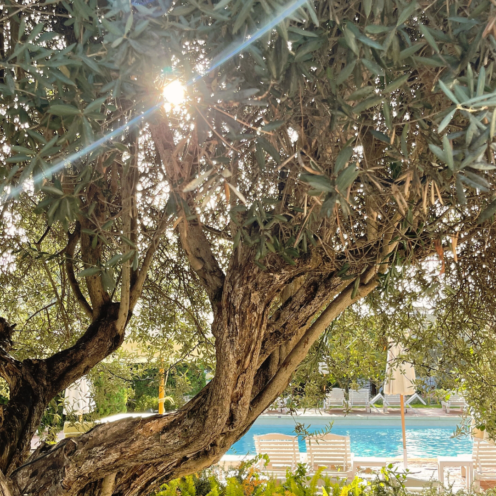
some important information
Regular costs after registration
Values for an investment of approximately € 1.000.000
- I.B.I. (Impuesto sobre Bienes Inmuebles) = property tax: depends on the zone and its cadastral value. For an investment of 1 million, it is assumed to be approx. 2,000 € / year.
- Rubbish collection, depending on the zone: approx. 200 € / year.
- Income tax (a kind of imputed rental value): approx. 1,500 € /year.
- Property tax: abolished in Andalusia in 2022.
- Community costs such as lighting, water, maintenance of communal swimming pool and gardens, building insurance: depending on the services provided, approx. 3,000 € / year.
We can organise insurance for household contents and against burglary, theft, fire, water, storms, accidents, etc. with efficient companies that have proven themselves to be solvent and efficient over the years
Key copies
If you do not live in MARBELLA permanently, we advise you to leave a copy of your key with a friend or in our office so that we can take immediate action in the event of a claim.
Concierge Services
We are also there for you after the sale. Because an important feature of our services lies in the after-sales area. Through our property management service department, we take care of all kinds of matters for the new property owner:
- Gardener, pool and maid services
- Maintenance
- Repair and renovation work
- Administrative matters
- Payments via our customer account
- Regular inspection of the property
- Taxi service at favourable conditions etc.
The takeover formalities require an intensive phase of approx. 1 month. If you wish, we can take over the work involved in this process free of charge from the time of the notarised takeover.
After that, if you wish, you can entrust us with the administration. Our modest approach ensures satisfied buyers and is not profit-orientated.
For the furnishing of your house or flat, we are happy to accompany you to various furniture stores that offer favourable and reasonable prices. We also work with several interior designers who can take on part or all of the furnishing, depending on the buyer’s wishes.
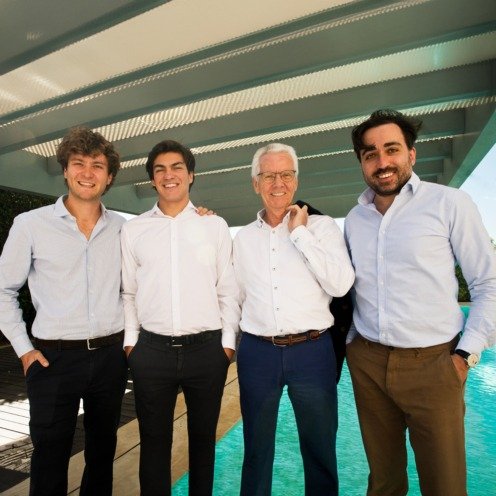
GENERAL INFORMATION
The property tax and the rubbish collection tax have to be paid for every 6 or 12 months, which can easily be attended to by a standing order at the bank.
All foreigners and Spanish, residents or non-residents, natural or legal entities, need a foreigner’s or tax number, as the case may be (N.I.E./N.I.F.) in order to carry out any kind of real estate or financial business in Spain. If you wish, we can help you apply for this document. Moreover, all owners of real estate who are not residents are obliged to engage a resident with tax-related representations. Normally, a lawyer will attend to this. If you have any questions, problems or communication difficulties, we shall be pleased to help you at any time.
We speak German, Swiss German, English, French, Italian, Arabic and naturally Spanish. We are also ready to help you after your purchase. The transfer formalities need an intensive phase of about 1 month.
If you wish, we can take care of the work to be done from the notary’s transfer onwards.

